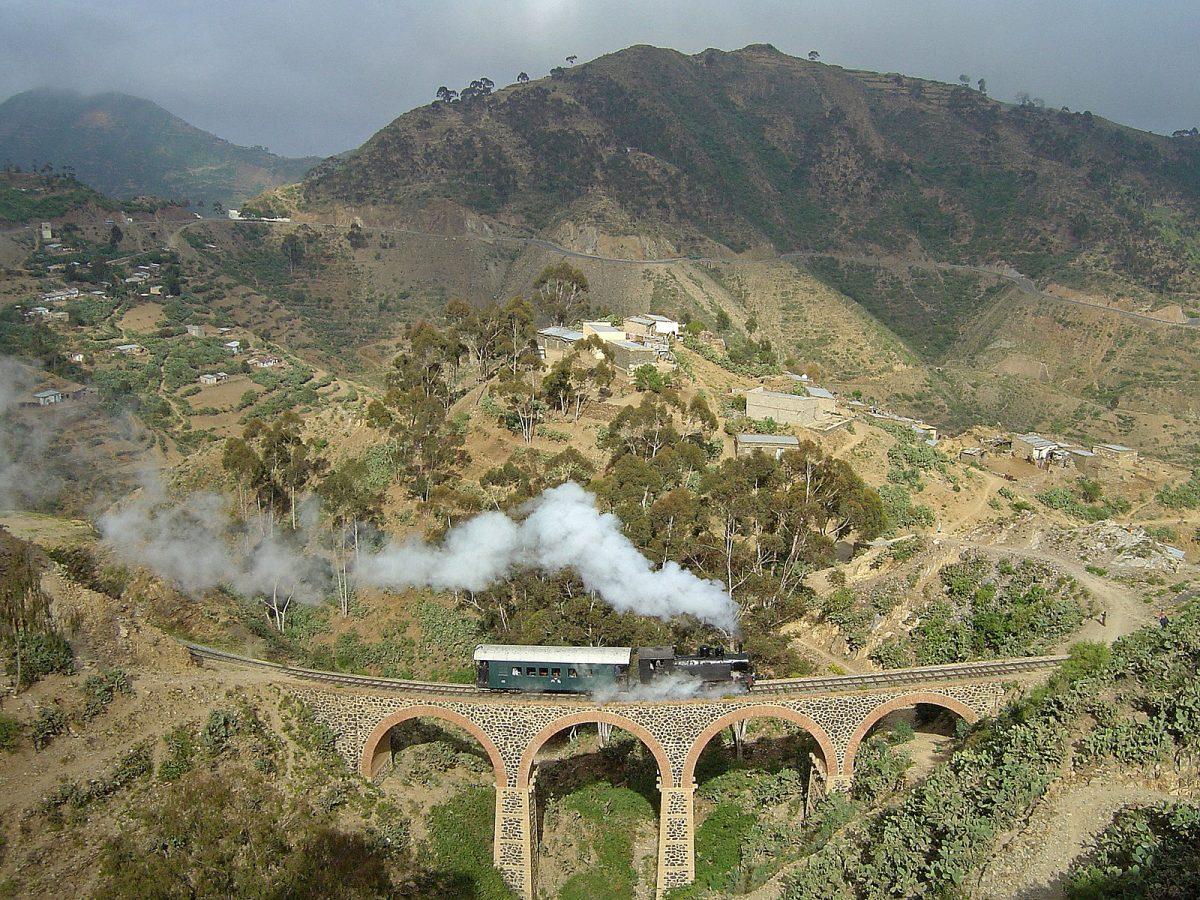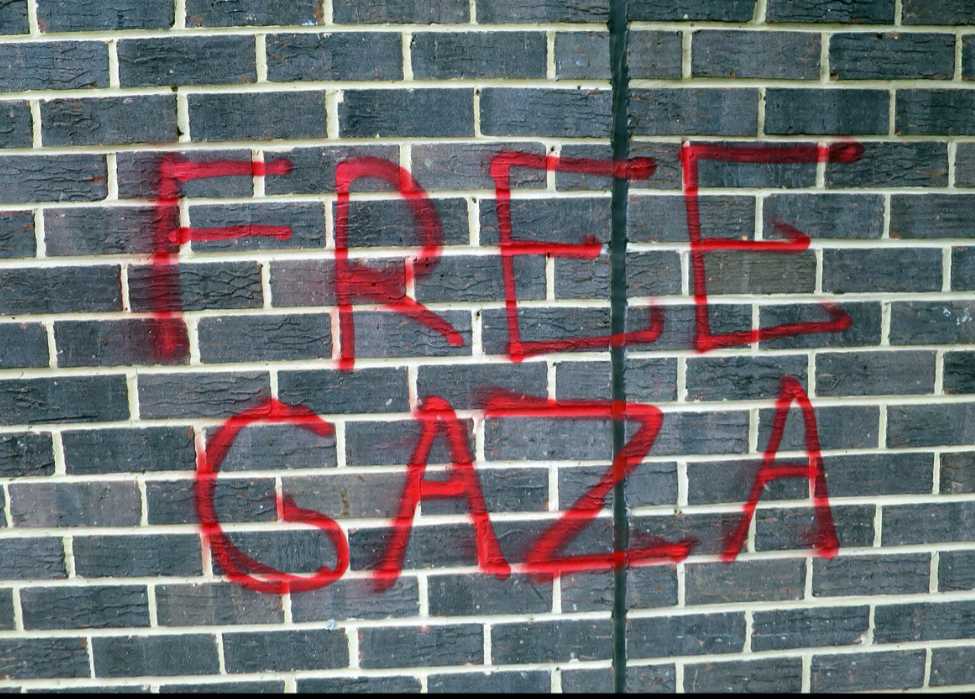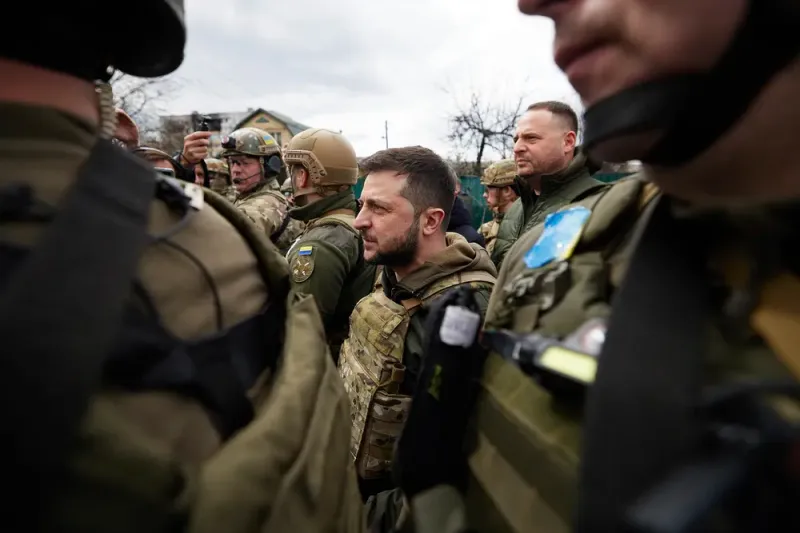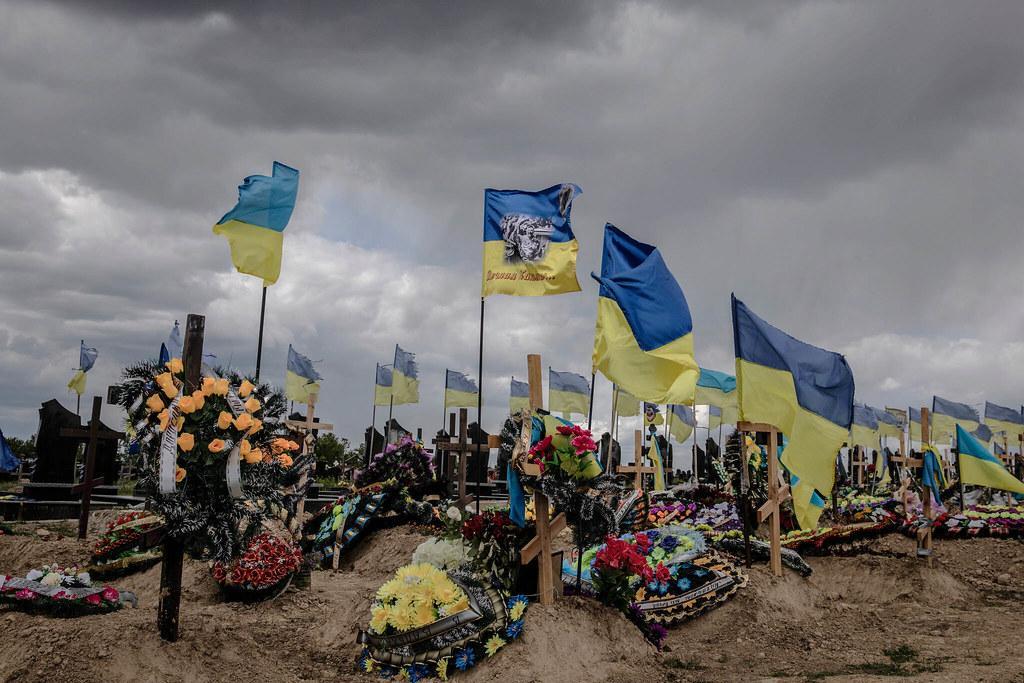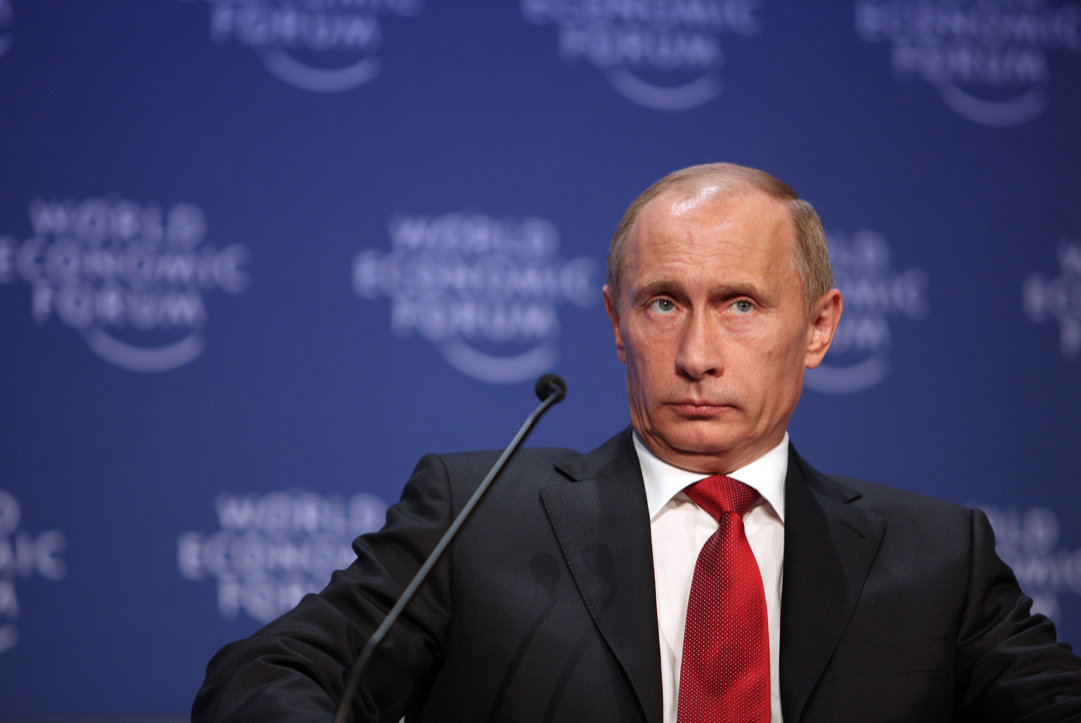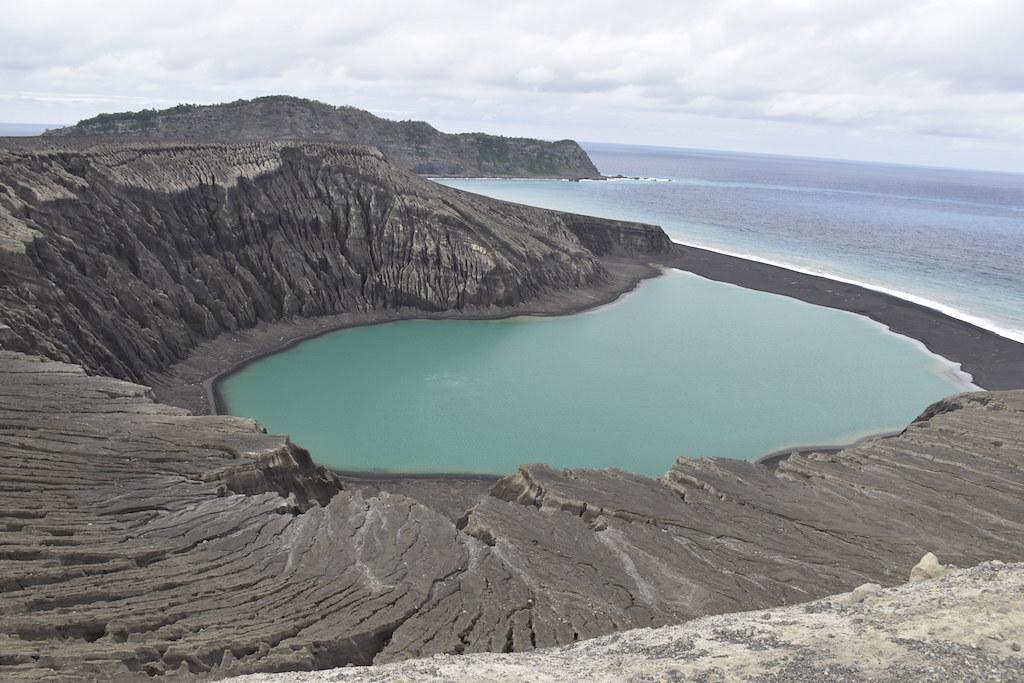Eritrea is an east African nation situated along the Red Sea, just north of Ethiopia. Eritrea is one of the youngest countries in the world. It was granted independence in 1993 following the collapse of the communist Ethiopian government that had ruled over the territory. But Eritrea is a totalitarian dictatorship, and evidence shows that it still lacks civil freedoms, and this has led to condemnation by many other nations, as well as the media. According to The Economist, many people call Eritrea “Africa’s North Korea.”
Following its independence, Eritrea has worked closely with the UN to modernize its institutions, and has made progress in areas such as healthcare, but many claim it lacks basic human rights. Eritrea has been accused of numerous human rights violations under President Isaias Afwerki, who has been in office since Eritrea’s independence in 1993. The president has allegedly used tension with Ethiopia to justify authoritarianism. For example, the nation is accused of arming and financing the insurgency in Somalia, and the United States now considers the country a “State Sponsor of Terrorism.”
The NGO Reporters Without Borders has ranked Eritrea last place in freedom of expression every year since 2007, lower than even North Korea. Thousands of Eritreans flee the country each month in order to avoid “national service,” which is forced military enlistment that lasts indefinitely. The judicial system in Eritrea appears to be flawed as well. According to NGO Human Rights Watch, Eritreans are arrested arbitrarily and often without stated cause, and they receive poor treatment in prisons. Additionally, there is no way for prisoners to challenge their detention.
Since 2001, Eritrea has had no national elections, no legislature passed, no independent press, or independent civil society organizations. This means that all schools and universities, advocacy groups, churches, cultural institutions, and more are all state-owned. Eritrea is a one-party nation, so there is no one to currently challenge the president. Religious freedom is nearly nonexistent, with the practice of “unregistered” religions being considered a jailable offense. Jehovah’s Witnesses, for example, have been denied basic rights by President Afwerki. They are disallowed from receiving government assistance, using government services, and obtaining national identification cards. Evangelical Christans also are not tolerated, with many churches being seized, and many followers being arrested.
Resistance to the government is ongoing in Eritrea, with various rebel groups experiencing varying degrees of success. However, none have been successful in their ultimate goal of overthrowing the government and the president. Activists outside the country, such as the Eritrean Diaspora Community, attempt to feed information to Eritreans via satellite and phones, implementing robocall voicemails to homes in the country detailing rights violations. Inside Eritrea, activists use tactics such as writing notes on cash, and placing stickers in public places. The radio is a valuable tool for activists, as many in Eritrea have recently bought satellite dishes. One former Eritrean Ministry of Information journalist started an independent radio station in Ethiopia, broadcast into Eritrea, after fleeing the country.
J-DHS history teacher and Model UN club advisor, Mr. Yanchuk, provided insight on the history of Eritrea and how it relates to the present: “Upon gaining independence, which for most of the continent occurred in the year 1960, newly formed nations faced a plethora of problems (social, political, and economic) stemming from their colonial past and lack of self-government for close to 100 years. It takes time for stable institutions and economies to develop. Human rights violations cannot be condoned and the violations occurring presently in Eritrea are some of the most horrendous in the world. Have we, ‘the West,’ contributed to the civil strife and human rights violation occurring in Eritrea? Possibly.”
In 2017, Vice News visited the Ethiopian border with Eritrea in an effort to document the rights violations and speak with refugees. The border with Ethiopia was heavily guarded, but that didn’t stop Eritreans from fleeing in droves. In fact, in 2014, almost as many Eritreans fled the country as Syrians fled Syria in the same year. According to Vice, just one percent of the population has access to the internet, and six percent have a mobile phone. Independent footage in Eritrea is extremely rare, and the government controls all media platforms. The government broadcasts propaganda on state-owned EriTV, using phrases like “[The Eritrean] people trust their government as they would trust themselves. The government is the people, and the people are the government.”
U.S. President Barack Obama imposed tightened sanctions on Eritrea in 2012 in response to the abuses. Vice News reports that critics of the government are considered traitors in Eritrea, with arrests and disappearances common. Vice interviewed a former prison interrogator in Eritrea, who detailed torture, disappearances, cramped spaces, dirty conditions, and killings by guards.
The United Nations has also recognized the abysmal state of rights in Eritrea. A 2015 UNHRC report detailed allegations of unauthorized executions, torture, indefinite national service, and forced labor. They also stated that sexual harrassment, rape, and sexual servitude are common among state officials. They also report that there are 400,000 Eritrean refugees in East Africa. Following this report, the European Union (EU) Commission of Inquiry (COI) formed their own report, and has since cut all development funding to Eritrea for the time being, citing “very serious human rights violations.”
Meanwhile, Eritrea has rebuked these claims, with the Eritrean Foreign Ministry calling the contents of the EU’s report “wild allegations,” and “totally unfounded and devoid of all merit.” In a statement, Eritrean Presidential Advisor Yemane Gebreab claimed that the commission’s panel was “entirely one-sided.” She also stated, “Eritrea rejects the politically motivated and groundless accusations and the destructive recommendations of the COI. It believes they are an unwarranted attack not only against Eritrea, but also Africa and developing nations.” Presidential Advisor Yemane said it was ironic that Ethiopia could use the report to lobby for a resolution against Eritrea, stating that the Ethiopian government had also abused the human rights of its people. The EU COI report was based on the testimony of 833 anonymous Eritreans. However, many Eritreans sided with the government, with 230,000 signing petitions against the paper, and 45,000 testifying in defense of Eritrea. A total of 850 Eritreans were asked to present their case in Geneva and give their testimonies to the UNHRC.
The United States and China actually rejected the language used in the paper. U.S. diplomat Eric Richardson stated that the Eritrean report did not have “the same level of sophistication and precision” as the report on North Korea. The U.S. State Department made their own report on human rights in Eritrea in 2018. It’s important to note that as a UN member state, Eritrea has pledged to follow the UN’s Universal Declaration of Human Rights. According to their report, human rights violations reported in Eritrea were: unlawful killings, forced disappearance, torture, arbitrary detention, life-threatening prison conditions, political prisoners, unlawful interference with privacy, restrictions on freedom of assembly, restrictions on religious freedom, limits of internal and foreign travel, lack of elections, corruption, restrictions on NGOs, human trafficking, criminalization of same-sex conduct, and forced labor, including the country’s national service program.
But how did Eritrea become so oppressive and totalitarian? The territory now making up Eritrea was controlled by various African kingdoms until the 16th century, when it was conquered by the Ottoman Empire. In the early 19th century, the Muhammad Ali dynasty of Egypt and Sudan gained control of the territory. In the late 1800s, during what is known as the Scramble for Africa, Italy colonized Eritrea and used it as a fueling station for boats headed to and from the Suez Canal. Following the Italian surrender in World War II, Britain placed Eritrea under military administration. The UN worked to combine Ethiopia and British-occupied Eritrea and passed a resolution calling for the federation of the two countries in 1950. Several Eritrean rebel groups were formed in the 1950s that opposed the combination of the two, but Ethiopia annexed Eritrea in 1962. When the communist Ethiopian government collapsed in 1991, the United States gave its support to the Eritrean independence movement. In 1993, Eritrea became a free state following an overwhelmingly positive vote. In the years that followed, President Afwerki, who had once supported democracy, became increasingly authoritative. He canceled the 1997 presidential elections, all but closed the national press in 2001, and had opposition leaders charged with treason the same year. An Eritrean constitutional committee had a constitution ratified in 1997, but it has never been implemented, leaving the nation without a constitution. Eritrea underwent the 1998 Eritrean-Ethopian War, which led to population displacement, economic stress, and an ongoing landmine problem. Tensions with Ethiopia have continued over the years, with over 120,000 troops currently stationed on the Eritrean side of the border or in the demilitarized zone.
As efforts to end the oppressive regime continue, many remain hopeful that freedom will be gained. However, this seems unlikely due to the government’s history of successfully resisting rebel activities. Access to information for Eritreans may be the key to demands for further rights, but only time will tell. For now, Eritrea remains one of the most restrictive and authoritarian nations in the world, and its government remains under scrutiny for its human rights violations.





























